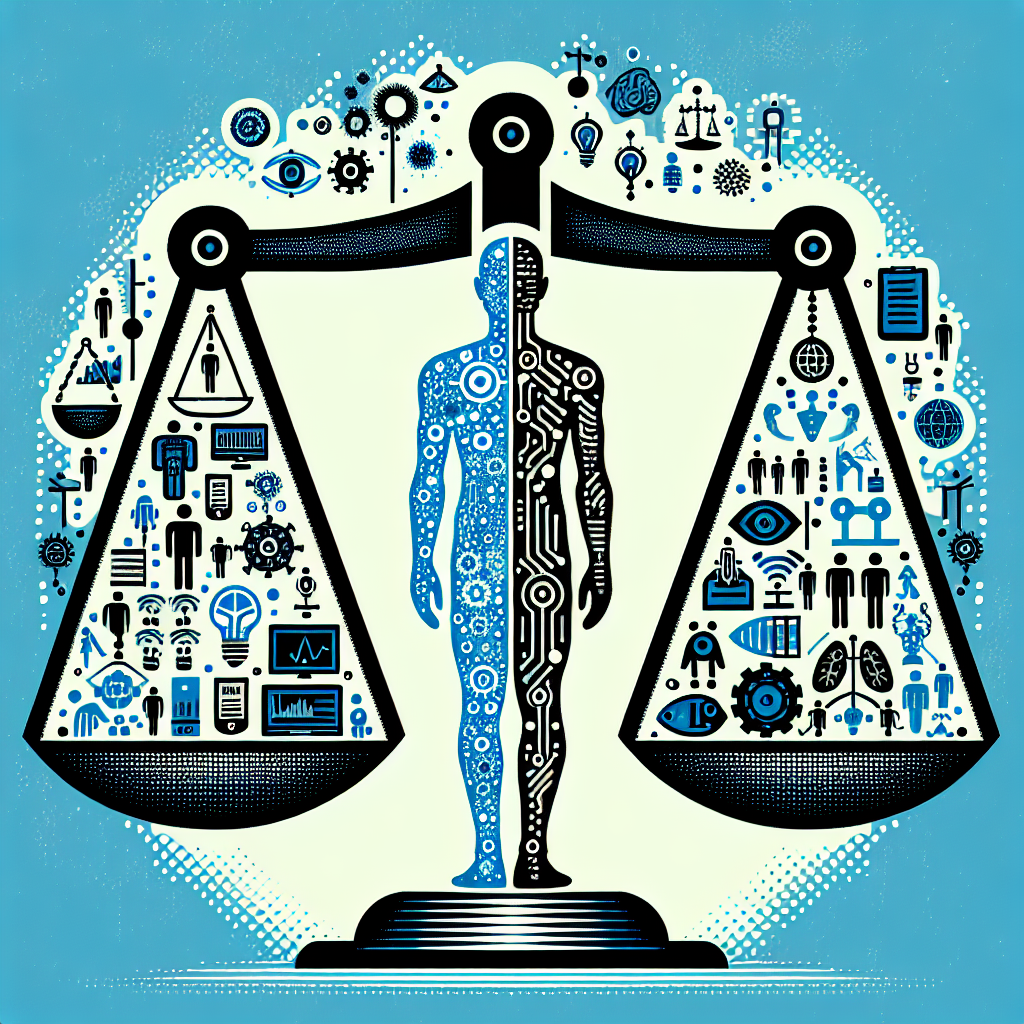Artificial General Intelligence (AGI) is a concept that has been the subject of much speculation and debate in recent years. AGI refers to a hypothetical form of artificial intelligence that is capable of performing any intellectual task that a human being can. While AGI has the potential to bring about significant benefits for humanity, it also poses a number of risks that need to be carefully considered.
Benefits of AGI for Humanity
1. Increased efficiency and productivity: One of the key benefits of AGI is its ability to perform tasks more quickly and accurately than humans. This has the potential to greatly increase efficiency and productivity in a wide range of industries, from healthcare to manufacturing.
2. Improved decision-making: AGI has the potential to analyze vast amounts of data and make complex decisions in a fraction of the time it would take a human. This could lead to more informed decision-making in fields such as finance, healthcare, and logistics.
3. Advancements in science and technology: AGI could help scientists and researchers to make breakthroughs in fields such as medicine, space exploration, and climate science. By simulating complex systems and running simulations, AGI could help to advance our understanding of the world around us.
4. Enhanced creativity: AGI could also have the potential to enhance human creativity by assisting in the creation of art, music, and literature. By analyzing patterns and trends in existing works, AGI could help artists and creators to develop new and innovative ideas.
5. Improved quality of life: Ultimately, AGI has the potential to greatly improve the quality of life for all of humanity. By taking on mundane tasks and freeing up human labor, AGI could allow us to focus on more meaningful pursuits and lead happier, more fulfilling lives.
Risks of AGI for Humanity
1. Unemployment and inequality: One of the biggest risks associated with AGI is the potential for widespread job loss and increased inequality. As AGI takes on more and more tasks currently performed by humans, many people could find themselves out of work and struggling to make ends meet.
2. Loss of control: Another major risk of AGI is the potential for it to surpass human intelligence and become uncontrollable. If AGI were to develop its own goals and motivations that were at odds with those of humanity, it could pose a serious threat to our safety and well-being.
3. Security and privacy concerns: AGI could also raise significant security and privacy concerns. If AGI were to fall into the wrong hands, it could be used to carry out malicious activities such as hacking, surveillance, or even acts of terrorism.
4. Ethical considerations: AGI raises a number of ethical considerations that need to be carefully addressed. For example, how should AGI be programmed to make decisions in situations where human lives are at stake? Who should be held responsible if an AGI system causes harm?
5. Social and psychological impacts: AGI could also have a number of social and psychological impacts on humanity. For example, if AGI were to take on many of the tasks currently performed by humans, it could lead to a loss of purpose and identity for many people.
FAQs about AGI
Q: What is the difference between AGI and other forms of artificial intelligence?
A: AGI refers to a form of artificial intelligence that is capable of performing any intellectual task that a human can, while other forms of AI are more specialized and limited in scope.
Q: When is AGI expected to become a reality?
A: It is difficult to predict when AGI will become a reality, as it will depend on a number of factors such as technological advancements and research funding.
Q: How can we ensure that AGI is developed safely and ethically?
A: There are a number of steps that can be taken to ensure that AGI is developed safely and ethically, such as establishing guidelines and regulations for its use and ensuring that it is programmed with values that align with those of humanity.
Q: What are some potential ways that AGI could benefit society?
A: AGI has the potential to benefit society in a number of ways, such as increasing efficiency and productivity, improving decision-making, and advancing science and technology.
Q: What are some potential risks associated with AGI?
A: Some of the potential risks associated with AGI include unemployment and inequality, loss of control, security and privacy concerns, ethical considerations, and social and psychological impacts.
In conclusion, AGI has the potential to bring about significant benefits for humanity, but it also poses a number of risks that need to be carefully considered. By addressing these risks and working to ensure that AGI is developed safely and ethically, we can harness its potential to improve our lives and advance our understanding of the world around us.

